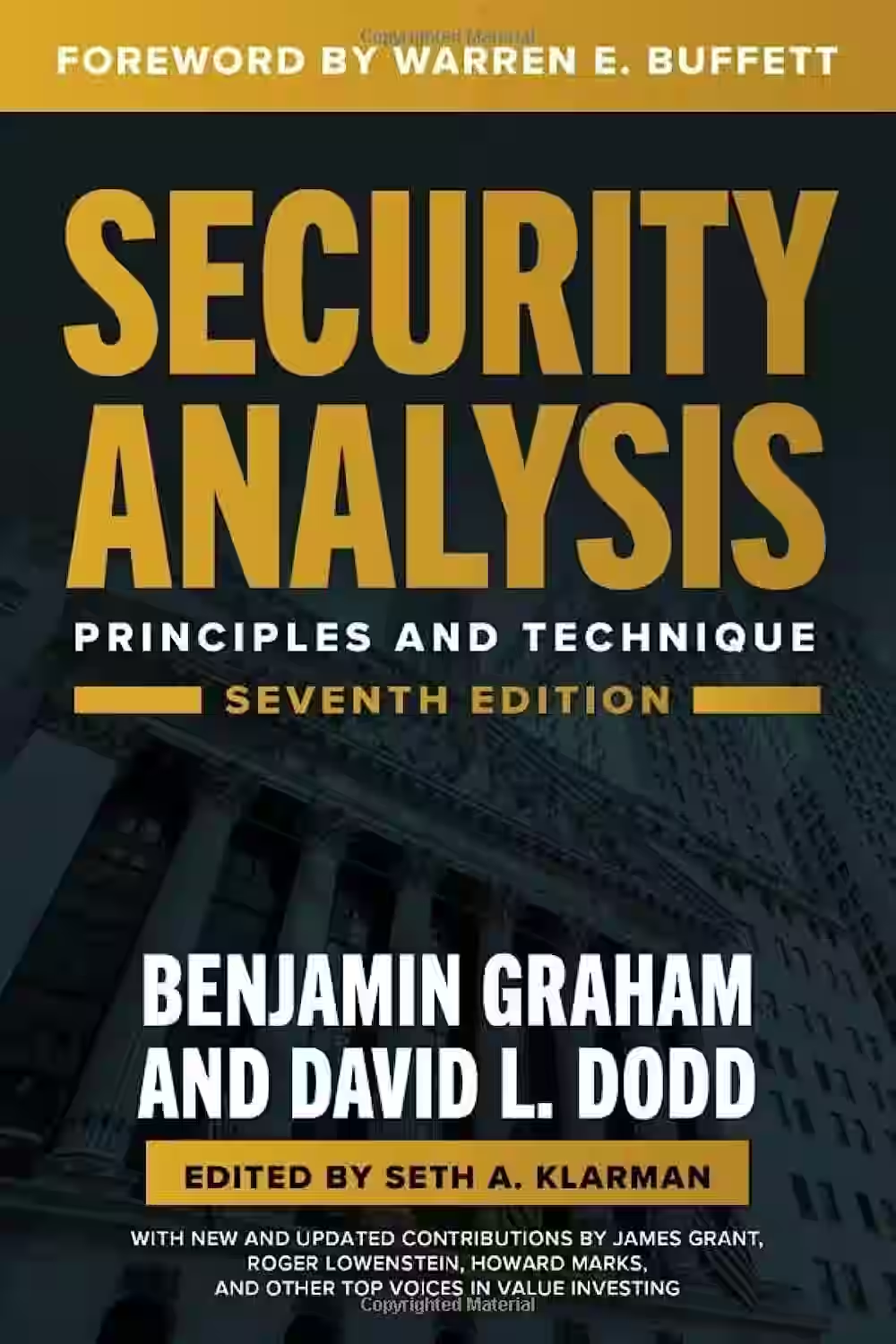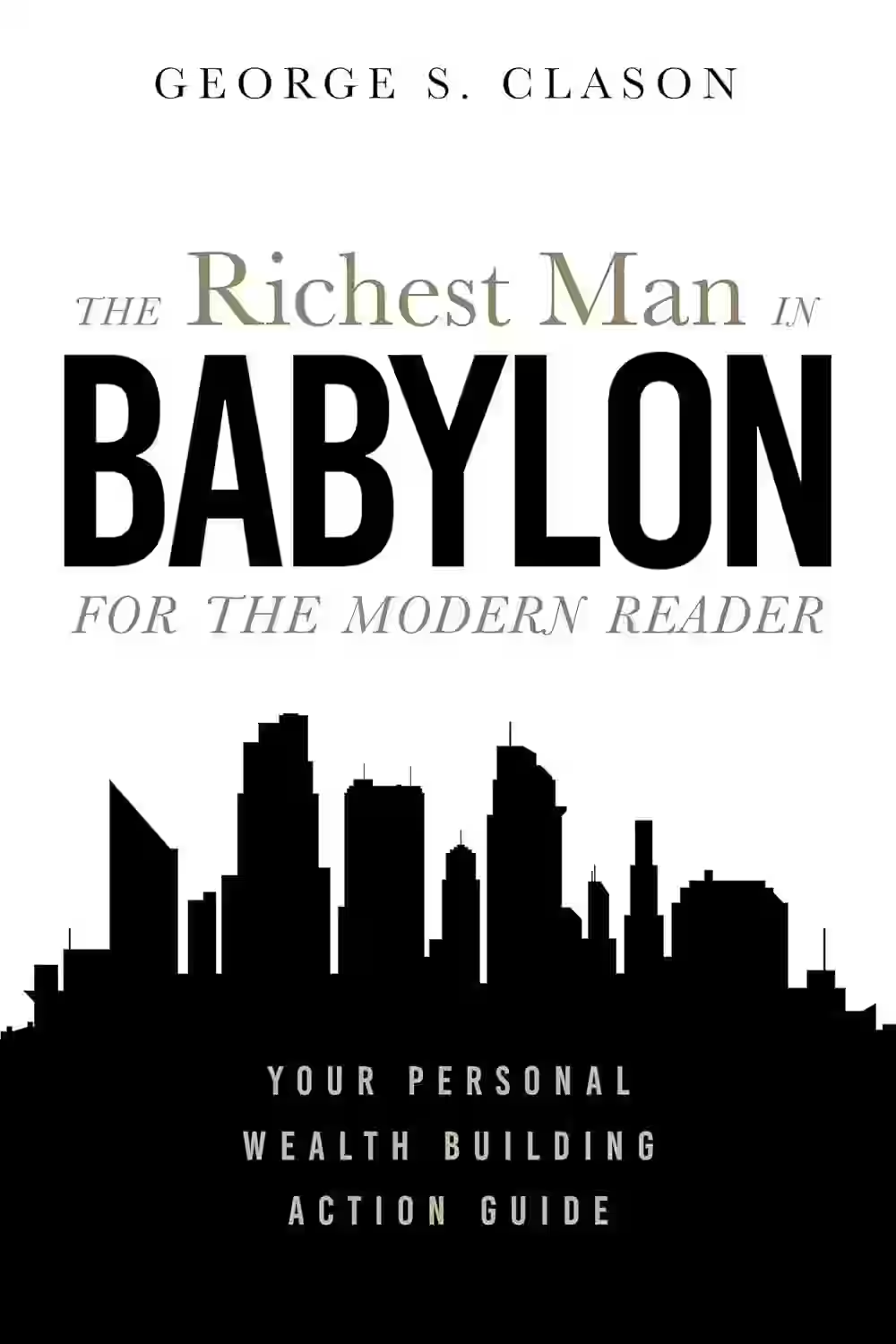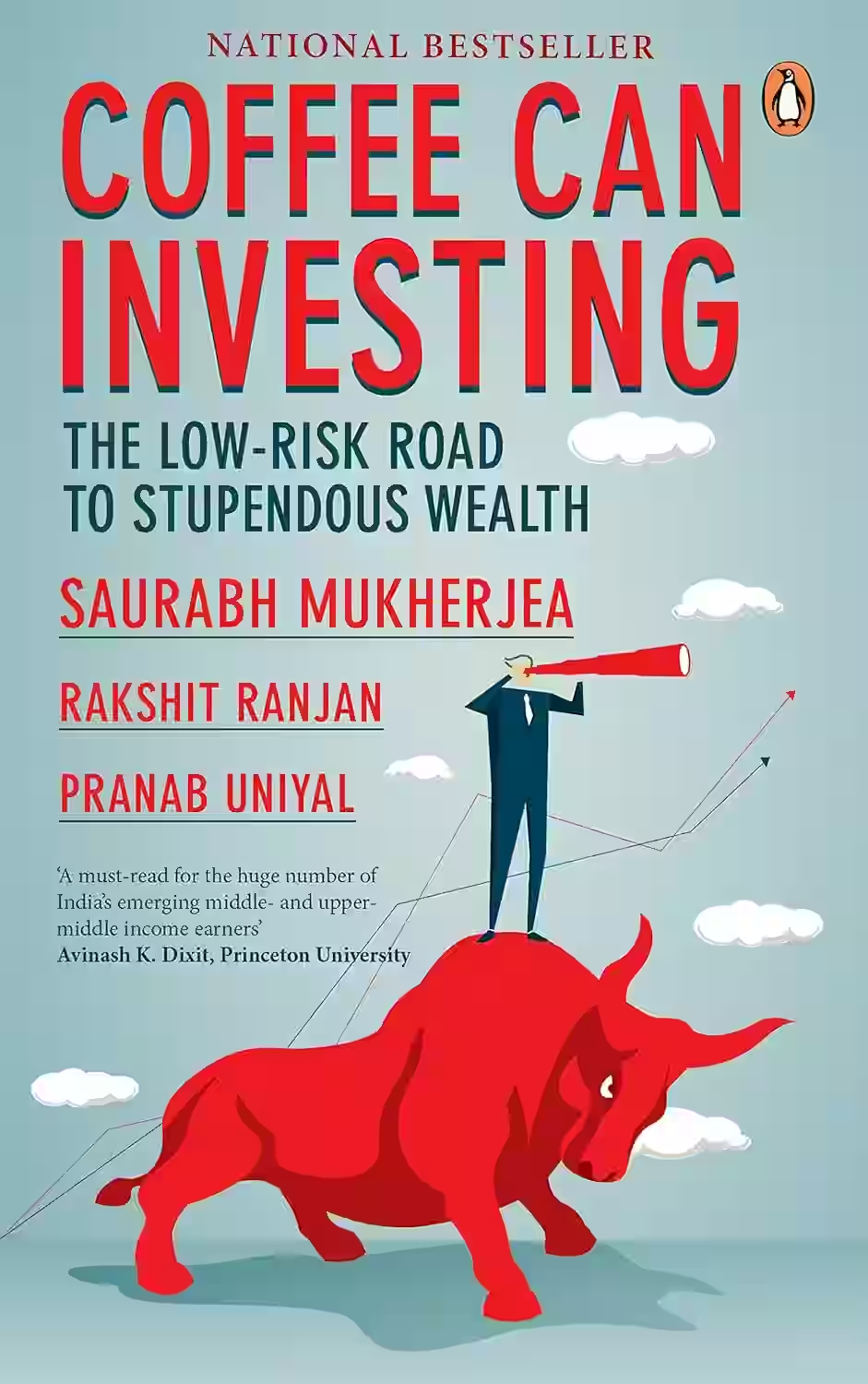
In 'Cashing in on the American Dream' by Paul Terhorst, the author challenges the conventional idea of working endlessly to retire comfortably in old age. Terhorst encourages readers to question the prevailing norms of the American Dream and instead opt for a simpler, more fulfilling life by retiring early. Through personal anecdotes and practical financial advice, Terhorst presents a roadmap for achieving financial independence and living life on one's own terms. The book delves into themes of frugality, minimalism, and mindful spending, emphasizing the importance of valuing experiences over material possessions. 'Cashing in on the American Dream' inspires readers to reassess their priorities and strive for a more meaningful existence.
About Paul Terhorst
Paul Terhorst is a renowned writer and early retiree, best known for his influential book 'Cashing In on the American Dream: How to Retire at 35.' Born in 1939, Terhorst pursued a successful career as a management consultant before opting for a life of financial independence and adventure in his early thirties. His unconventional choice to retire at a young age and prioritize experiences over material wealth has inspired countless individuals seeking to break free from the traditional career trajectory. Terhorst's writing encourages readers to reassess their values and consider alternative paths to fulfillment, making him a leading voice in the financial independence and early retirement movement.
Similar Books

Cashflow Quadrant
In 'Cashflow Quadrant', Robert T. Kiyosaki delves into the world of financial independence through the lens of four quadrants - Employee, Self-Employed, Business Owner, and Investor. Through insightful anecdotes and practical advice, Kiyosaki emphasizes the importance of moving from the left side of the quadrant (Employee and Self-Employed) to the right side (Business Owner and Investor) to achieve true wealth and financial freedom. He highlights the mindset shifts and financial strategies needed to transition between quadrants, encouraging readers to rethink their approach to money and work. This book serves as a roadmap for those seeking to break free from traditional employment and create sustainable wealth.

Security Analysis
by Benjamin Graham, David Dodd
In 'Security Analysis,' Benjamin Graham revolutionized the world of investment by introducing the concept of value investing, emphasizing the importance of thorough research and analysis before making investment decisions. Graham's timeless wisdom on intrinsic value, margin of safety, and market fluctuations continues to influence investors worldwide. The book provides a comprehensive guide to understanding financial statements, evaluating stocks, and building a successful investment strategy. With real-life examples and practical advice, 'Security Analysis' equips readers with the tools to navigate the complexities of the stock market and make informed choices. A must-read for both novice and seasoned investors.

The Richest Man in Babylon
In 'The Richest Man in Babylon' by George S. Clason, readers are transported to ancient Babylon, where they learn timeless lessons on personal finance and wealth building. Through a series of parables and stories, the book imparts essential financial principles such as saving a portion of income, investing wisely, and avoiding debt. The narrative follows the journey of Arkad, the titular richest man, as he shares his wisdom with fellow Babylonians seeking to improve their financial situations. Clason's straightforward yet compelling storytelling makes complex financial concepts accessible to readers of all backgrounds, leaving a lasting impact on their approach to money management.

Coffee Can Investing: The Low Risk Road to Stupendous Wealth
In 'Coffee Can Investing: The Low Risk Road to Stupendous Wealth,' Saurabh Mukherjea offers a refreshing take on long-term investing strategies. He introduces the concept of 'Coffee Can Portfolio,' emphasizing the importance of selecting high-quality stocks and holding onto them for a significant period. Mukherjea combines practical advice with real-life examples, making complex financial concepts accessible to a wider audience. Readers will appreciate the book's straightforward approach and actionable insights tailored for both novice and experienced investors. With a focus on risk management and wealth creation, 'Coffee Can Investing' serves as a valuable guide for individuals looking to navigate the world of investing more effectively.